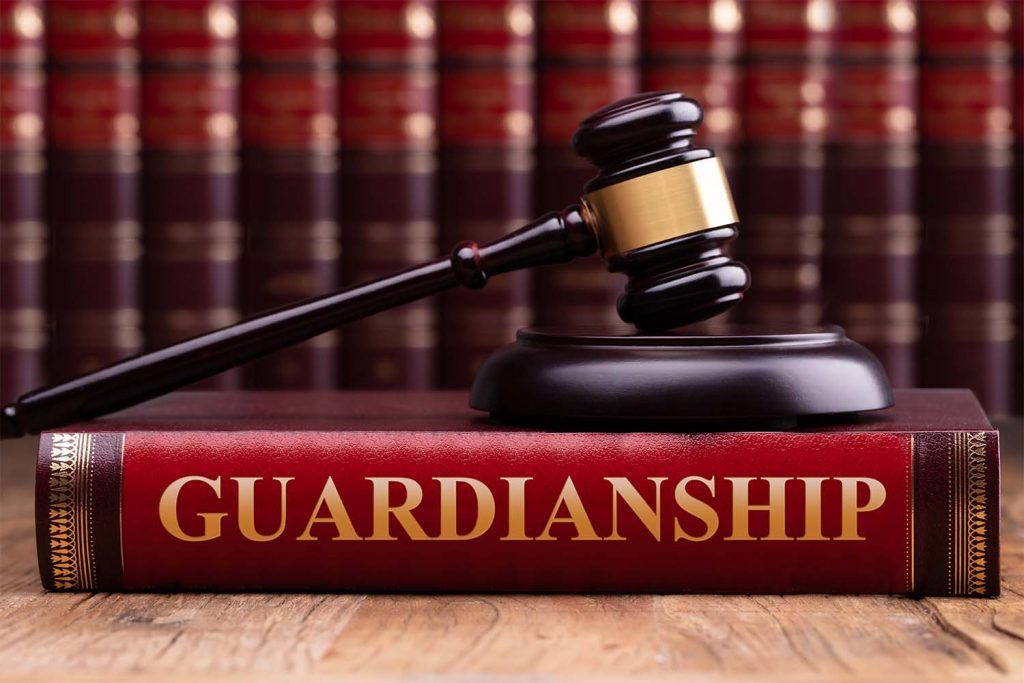Learn From Our Attorney About Establishing Guardianship
In this month’s blog, Margaret Zylka House, Attorney at Law is writing a quick guide to guardianship. We offer guardianship services. The process and reason for establishing guardianship can bring peace of mind for everyone involved. Typically, legal guardianship is for minors, developmentally disabled adults, and older adults who have become incapacitated. This type of legal agreement can apply to individuals who do not have the capacity to take care of themselves. The reason is because of their age or other circumstances. Keep in mind every guardianship agreement has its differences.
In our blog this month, we will look at some of the more common situations that might require a guardianship.
Know When to Enter a Guardianship Agreement
Whether for a child or an elderly loved one, establishing guardianship gives a legal guardian control of another person. Often, a person with dementia is unable to make rational or informed decisions, or even care for themselves properly. If that person refuses assistance or care, it can be dangerous. If you establish a guardianship for that person, you can look out for their welfare. The guardian can take actions in regards to the person’s healthcare, finances, or other personal dealings. One may think a guardianship is like a Power of Attorney agreement. However, they are different.
In a Power of Attorney, you can revoke a person’s power to act on your behalf. To terminate a guardianship, the incapacitated person would have to regain their full cognitive abilities.
If both parents of a child under the age of 18 die, then a guardian could take care of the child. So, the parents can plan who that guardian will be in their estate plan. If the parents have not designated a guardian in advance, the court then has the power to appoint a guardian. Establishing a guardianship in an estate plan is the best way to protect the welfare of the minor child.
Guardianship Agreements Can Also Apply to Estates
Just as a guardian might prove necessary to care for an individual, you can say the same for their estate. Without a guardianship agreement, an incapacitated person can lose control of their finances and other assets. With a guardianship agreement, a person can designate a guardian to take control of their estate and assets. This proves valuable when it comes to payments, debts, and the exchange of property.
For more information on guardianship, give Margaret Zylka House, Attorney at Law a call at (724) 628-4955. Like us on Facebook to stay up-to-date with the latest news and information. We are happy to discuss more about a quick guide to guardianship.

